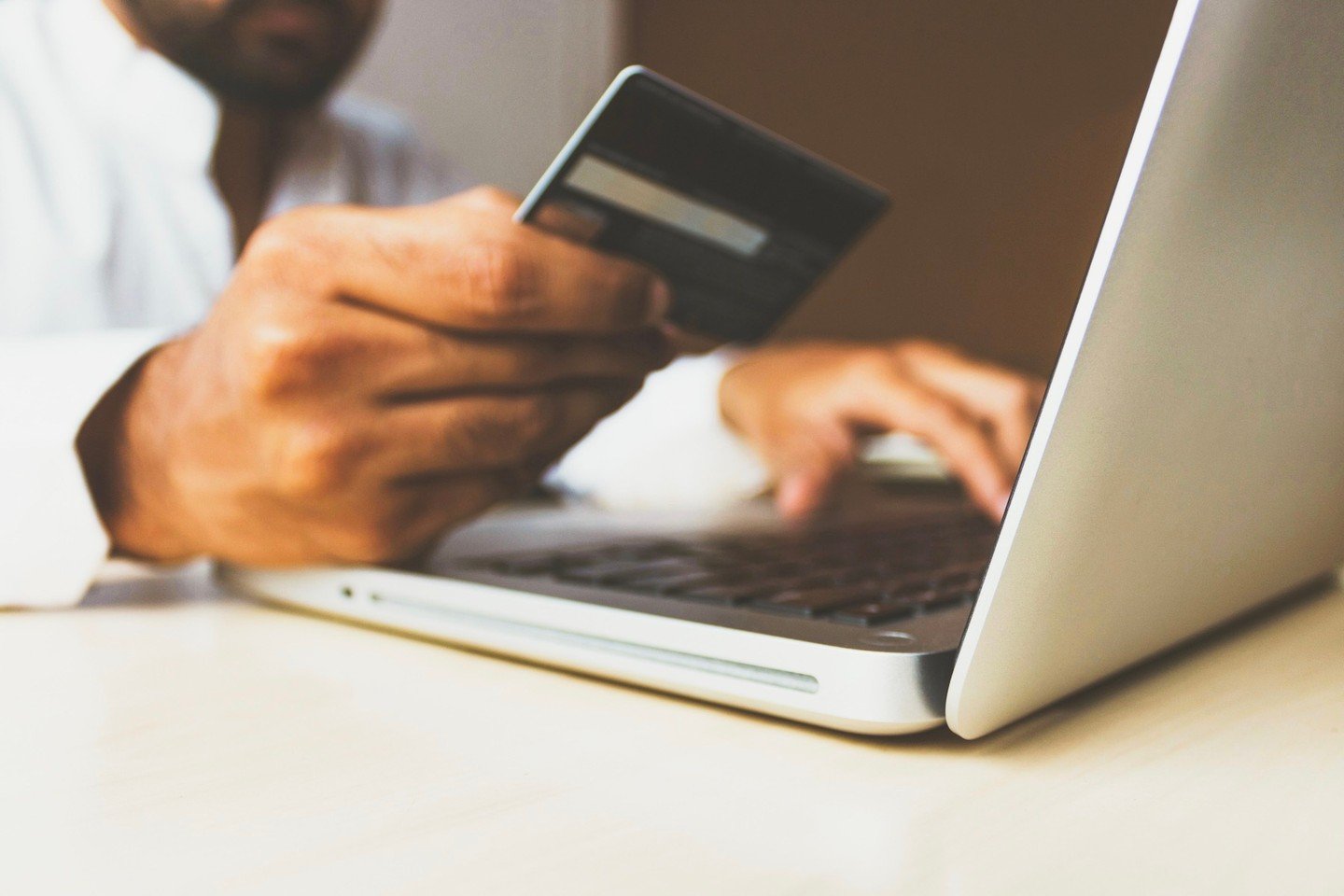In this article
Which credit product best suits your needs?
How do you know which type of credit product is right for you? We take a look at which type is the best fit for your money goal

In this article
We know that finding the best credit product for your circumstances can be incredibly confusing, especially since there are so many options and a lot of the financial jargon can be unclear.
Used responsibly, credit products can be a useful tool to help you manage your finances. That’s why we’ve outlined the different types of credit product here, so you can see which one can help you reach your money goal.
Taking out a credit card and using it sensibly is a great way to boost your credit score over time. Providing you pay back your balance in full and on time each month, you’ll prove you’re capable of managing credit responsibly. This will be reflected in your credit report and score.
A credit builder credit card is specifically designed for people who have a poor credit history or very little credit history. If you’ve not used credit in the past, you’ll have little credit history on your report, which will prevent you from having a high credit score.
You can use a credit builder card to build up a pattern of good borrowing behaviour, which will help you show potential lenders that you're a reliable person to lend to. Credit builder cards can charge a high rate of interest, so remember to keep a close eye on how much money you’re spending so you can afford to pay your balance in full each month.
If you’re paying interest on your credit card, you could save yourself money by transferring your current balance onto a 0% balance transfer credit card. This will allow you to repay your debt at 0% interest for the initial 0% offer period. There’s often a small fee to do this, but it can help you save much more in the long run.
Fee-free balance transfer cards also exist, but they usually have a shorter interest-free term. Generally, the bigger the balance you need to transfer, the longer the interest-free period you’ll need.
Remember, when the 0% interest period ends, the interest rate will increase, so you’ll be better off if you pay back your debt as quickly as possible. If you still have an outstanding balance to pay off when the 0% interest period ends, you could save on interest by moving your balance to a new 0% balance transfer card.
Money transfer cards can be a simple way to cut the interest you’re paying on an overdraft and avoid overdraft balances appearing on your credit report. If you are stuck in your overdraft and often go beyond your overdraft limit, this will have an impact on your credit score.
A 0% money transfer card can be useful to pay off your overdraft in full. For a small fee, you can ask the lender to transfer the amount needed to pay off your overdraft from the card directly to your bank account. You can then pay off the card balance in instalments at 0% interest for a set amount of time.
As long as you manage your card repayments responsibly, a money transfer card will help you to look after your credit score. If you decide to take out a money transfer card, remember to ask the lender to directly transfer the money to your bank account. Never withdraw the cash from your money transfer card at a cash machine as this can be incredibly expensive.
If you are struggling to keep track of your monthly repayments, you might find a debt consolidation loan helpful. This allows you to move your different debts into one place. By having one loan to cover the whole amount you owe you might find it much easier to keep track of your debts. This is because you’ll be making one repayment a month, instead of managing several debts with different rates.
A debt consolidation loan can also help you to pay off your debt faster if you can find a deal that offers a better interest rate than what you are currently being charged. Use our debt consolidation calculator to check whether you can save money by switching to a debt consolidation loan. Remember to consider all the factors when thinking about a consolidation loan: the interest rate, any associated fees, and your personal circumstances.
A reward card works just like any other credit card, except that you earn points every time you use it. Using a reward credit card to cover your everyday spending, like food and fuel, can allow you to enjoy the benefits of air miles or store vouchers.
Cashback cards give you money rewards on your purchases. Most pay back between 0.25-1% of what you spend, so if you use them wisely, you can build up a nice stash. Don’t be fooled into spending more money than you need to just to reap the rewards, though. This can backfire if you’re unable to pay back the balance on time.
It’s important to try to pay off your balance in full each month, as reward cards and cashback cards charge notoriously high interest rates. Paying a high interest rate will likely wipe out any benefits you might get from using the card in the first place. Also, bear in mind that you can receive a penalty if you go over your credit limit.
A purchase credit card can help you spread out the cost of an expensive item over many months, at low or even 0% interest. These cards are popular with people who want to splash out on new furniture, a kitchen or a holiday but can’t afford the cost upfront. Just make sure you understand all the charges before you apply and remember to stay within your credit limit as you use the card.
It’s essential that you check how long the initial low or 0% interest rate term lasts for on your purchase card. Once it ends, your interest rate will jump up. It’s important to try to pay off your balance before that point, otherwise you’ll likely be charged a high interest rate. If you still have an outstanding balance to repay at that point, you could save money on interest by moving it to a 0% balance transfer card.
If you’re planning to travel abroad this year or you regularly spend money on foreign websites, a travel credit card might be a good option for you. They’re a handy way to avoid transaction fees, cash withdrawal fees and interest charges.
Usually, when you buy something abroad on a regular card, your bank will charge you a fee to convert the cost into GBP. This fee depends on your card’s payment network exchange rate and what has been agreed with your bank. A travel card allows you to escape those fees and spend your money without any headaches. It’s important to know when you withdraw cash from a cash machine, you’ll still be charged a small fee, but it will be much less than a standard credit card.
Now you know what type of credit product is suitable for your needs, you can check your personalised offers on ClearScore. We show you your eligibility for each product, so you can see how likely you are to be approved if you apply. You might be pre-approved for some offers, which means your application will be accepted as long as the information in your ClearScore account is up to date and you pass the lender’s checks.
Viewing your offers on ClearScore won’t damage your credit score, so you can check your offers as often as you’d like.
Debbie-Ellen is a qualified Copywriter and Senior Creative. She has written this article especially for ClearScore.
